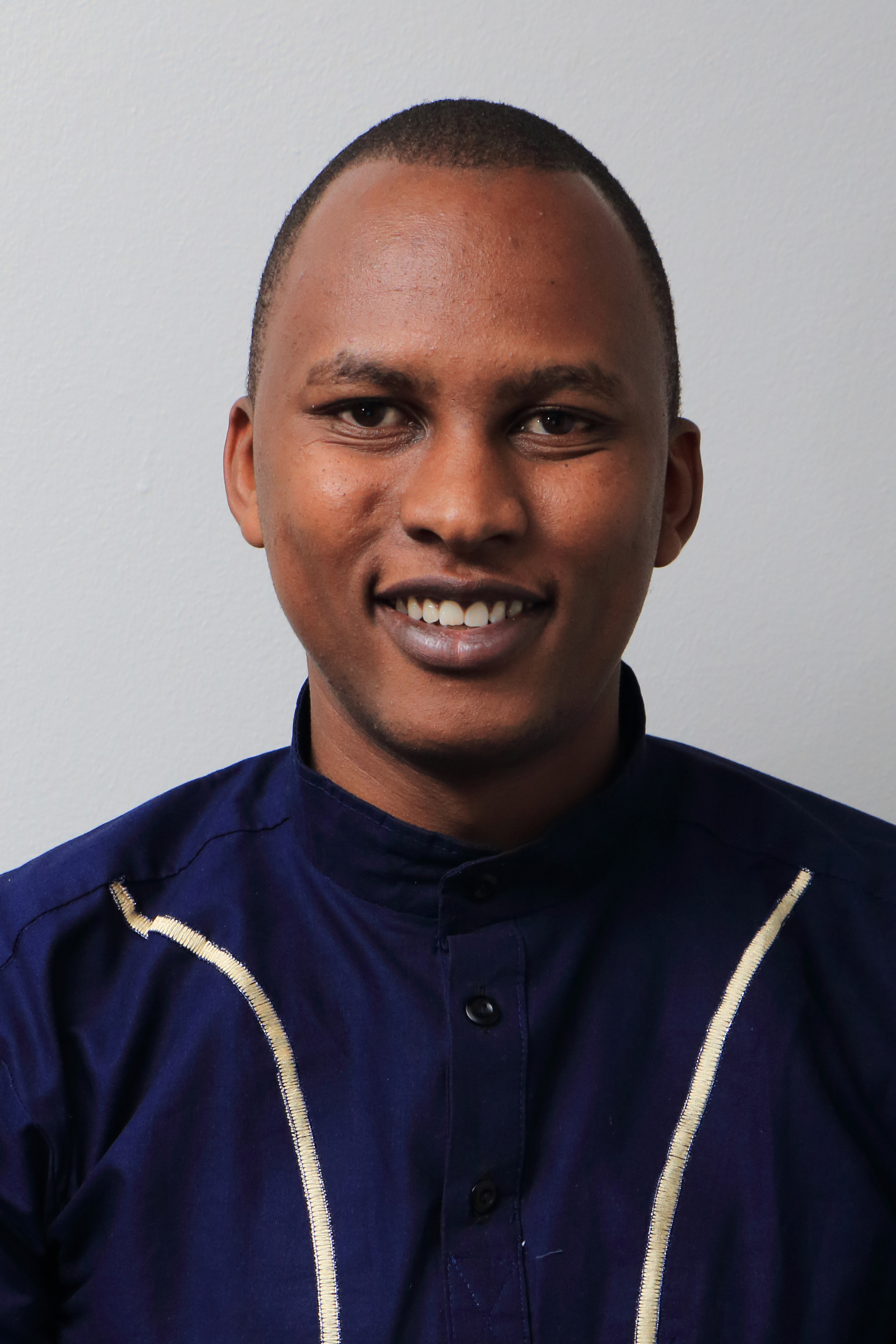Overview
Development Studies is a multidisciplinary programme whose teaching, research and practice are continually evolving in tandem with change processes in society. The Institute for Development Studies (IDS) Masters of Development Studies (MDEV) programme addresses contemporary development issues using appropriate theories and methodological approaches. The main objective of the course is to equip students with the skills and knowledge required for a career in the field of development. It aims at giving students a proper understanding of the development experiences of different countries and empower them with the analytical and conceptual skills needed to understand the challenges of development.
The courses involve formal study and practical experience in the social sciences. A team of scholars with varied academic background and experience including sociologists, political scientists, anthropologists, and economists deliver the curriculum. The team facilitates the delivery of the MDEV programme through an interdisciplinary approach and an emphasis on theoretical rigour. This approach aims at improving understanding of current development problems and how development research can improve the real lives of people.
The MDEV curriculum takes into account emerging issues that have implications for development. Issues such as the philosophy and operationalisation of research in the development arena, urbanisation, enterprise and entrepreneurship, climate change, security and peace, leadership, governance social protection and social policy and financing are covered.
Structure
Mode of Delivery
The programme shall adopt blended learning through the use of face-to-face and online modes of delivery. The face-to-face learning will take place within the classroom setting at the Main Campus. The online classes are conducted over video conferencing platforms such as Zoom and Google Meet.
Structure
The classes are run during the day, Monday to Friday. There are no evening classes at the moment.
The programme will consist of full-time study by coursework, examination, research project paper or thesis extending over two academic years.
The first year (Part I)
All students will be required to take and pass a total of eight (8) courses, four (4) of which will be core courses and four (4) will be electives selected from any two (2) different clusters.
During the second semester, each student will be required to undertake at least one field trip to study a development project.
The Second Year Part (II)
Students proceeding will opt for either a research project paper or a thesis.
Students opting for a project paper will take four elective courses in the third semester. In the fourth semester, students will carry out a research project and present the project report for examination.
Students opting for a thesis will devote the entire second year to research, thesis preparation and presentation for examination.
The minimum period required to complete the programme is two (2) years. The maximum allowed period, including intermission, is five (5) years.
Courses
The following core courses are offered at the institute:
TDS 501: Development Theory
TDS 502: Development Practice
TDS 503: Theory and Design of Development Research
TDS 504: Methods of Development Research
The following are the elective courses offered:
Cluster 1: Environment and Natural Resource Management
TDS 610: Natural Resource and Environmental Management
TDS 611: Energy Policy, Planning and Development
TDS 612: Science, Technology and Environment
TDS 613: Water Resources Management and Policy
Cluster 2: Change and Development in African Societies
TDS 620: Rural Societies and Change
TDS 621: Issues in Urban Development
TDS 622: Rural-Urban Interface
TDS 623: Agriculture and Development in Africa
TDS 624: Public Transport and Development
TDS 625: Leadership and Society
TDS 626: Peace, Security, and Development
TDS 627: Governance and Development
Cluster 3: Human Development
TDS 630: Issues in Human Development
TDS 631: Population, Health and Development
TDS 632: Knowledge, Education and Development
TDS 633: Gender and Development
TDS 634 Social Policy and Development
TDS 635: Poverty, Inequality & Vulnerability
TDS 636: Monitoring and Evaluation of Development
Cluster 4: International Processes and Development
TDS 640: Issues in International Development
TDS 641: Regional Integration and Development
TDS 642: Trade and Development
Cluster 5: Economy and Development
TDS 650: Perspectives on Industrialization and Development
TDS 651: Entrepreneurship and Development
TDS 652: Finance for Development
TDS 653: Industrial Policy
TDS 654: Economic Informality and Development
Research Project Paper and Thesis
TDS 700: Research Project
TDS 720: Thesis.
Entry requirements
The common regulations for the master’s degree in the University of Nairobi shall apply.
The following shall be eligible for admission:
- A holder of a bachelor’s degree of the University of Nairobi with at least an Upper Second Class Honours
- A holder of a bachelor’s degree with at least an Upper Second Class Honours from an equivalent institution recognised by the University of Nairobi Senate.
- A holder of at least a lower second class bachelor’s degree and with at least 2 years relevant development research/practice experience.
- A holder of a lower second class bachelor’s degree plus a postgraduate diploma from an institution recognized by the University of Nairobi Senate.
- A holder of a pass degree from the University of Nairobi or any other equivalent institution recognised by Senate with at least five years of development work experience and a postgraduate diploma from an institution recognized by the University of Nairobi Senate.
How to apply
We have one intake annually that takes place in September.
Stepwise Application Procedure
- Go to The University of Nairobi Online Application - Site (uonbi.ac.ke)
- Click on “Apply Now”
- Click on “Masters & Postgraduate Diplomas”
- Choose the “September Intake”
- Search “Development Studies” on the Search Bar
- Click “Apply for Programme”
- While following the prompts, make your application by filling in all the required details and uploading all the required documents
- Pay the Application Fee at the end of the application
- Click “Submit”
In case of any queries regarding the application process please write an email to onlineapp@students.uonbi.ac.ke and copy economics@uonbi.ac.ke
It is a good idea to monitor the status of your application. You can do this online
Fees & Funding
Current Fee Guidelines
Application fee of Kshs 4,000 (non-citizens Kshs 5,000)
Year 1 Kshs 256,000
Year 2 Kshs 277,000
For financial assistance information, click here
Assessment
The Master of Development Studies degree programme will be assessed either through:
- Coursework, examination, and research project or
- Coursework, examination and thesis.
The project paper shall be equivalent to four (4) course units and the thesis eight (8) course units.
The coursework comprises core courses and cluster courses. Each course shall be taught for a total of sixty (60) contact hours.
Careers
During their study period, IDS students are actively engaged as research assistants in IDS research projects. This gives them a chance to build their development research skills. Also, as the projects are implemented collaboratively with industry partners, students get opportunities to build contacts with potential future employers.
Our graduates go on to work in the private sector, civil society organisations and public sectors in Kenya and beyond. They are working to address emerging issues that have implications for development in various capacities including:
- Monitoring & Evaluation Experts
- Development Analysts
- Project Managers
- Business Development Experts
- Community Development Experts
- Development Researchers/Consultants
- Academic Professions
- Programme Officers in Development Projects.




